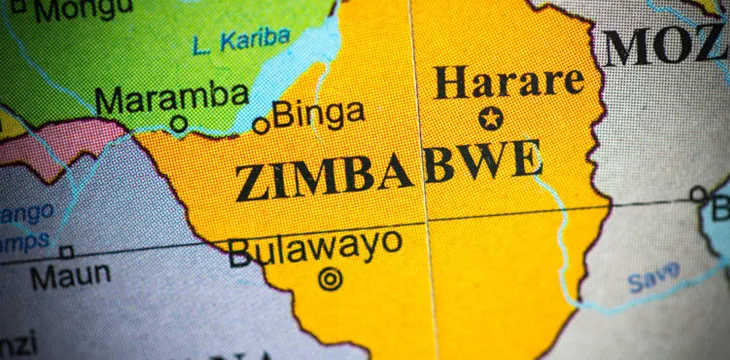|
Getting your Trinity Audio player ready...
|
Golix, a major cryptocurrency exchange in Zimbabwe, has yet to resume cryptocurrency operations despite theHigh court order issued last week. According to the exchange, reopening the exchange might take longer than anticipated.
Golix operations came to a stand still two weeks ago, after the exchange received a ban order from the Reserved Bank of Zimbabwe (RBZ). Before issuing the ban to crypto exchanges, RBZ had banned all banks in the countries from transacting in cryptocurrencies. Golix moved to court to have the ban lifted. A default ruling was entered in favor of Golix last week as representatives of RBZ failed to appear in court. Golix Director of Communications Nhlalwenhle Ngwenya announced the reversal on the ban stating that the exchange hopes to resume operation as soon as possible. It has been nearly a week since the ruling and Golix bank accounts are still closed.
According to Golix, they are still waiting for the authorities to iron out a few issues before they can reopen. Like the exchange, many people in the country hoped they would be able to transact in cryptocurrency by May 28. However, clients received emails from Golixon Tuesday asking them to refrain from depositing cryptocurrencies on their accounts until they’re given the green light to restart operations. In the email, the exchange confirmed that it is “not conducting OTC transactions.”
Not all hope is lost.Dealers and cryptocurrency traders on Golix can still withdraw funds from their virtual currency wallets. This, however, is taking much longer than before, and new deposits made are mostly going to a suspended account.
Efforts to have customers funds sent through banks to their BTC and Ethereum wallets have bore little fruit. This is because the banking systems in Zimbabwe had put a withdrawal limit on fiat money making it had for businesses to operate optimally.
Golix is still trying to get the regulators and the Reserved Bank of Zimbabwe to solve the issues it is facing. There is still hope of creating a safe environment for both the citizens and cryptocurrencies in the country.
Golix and Styx24 are the two leading exchanges in the country. Golix helps Zimbabweans to deposit, withdraw and purchase cryptocurrencies. The platform had also installed a Bitcoin ATM in Harare prior to the ban.

 07-03-2025
07-03-2025 





